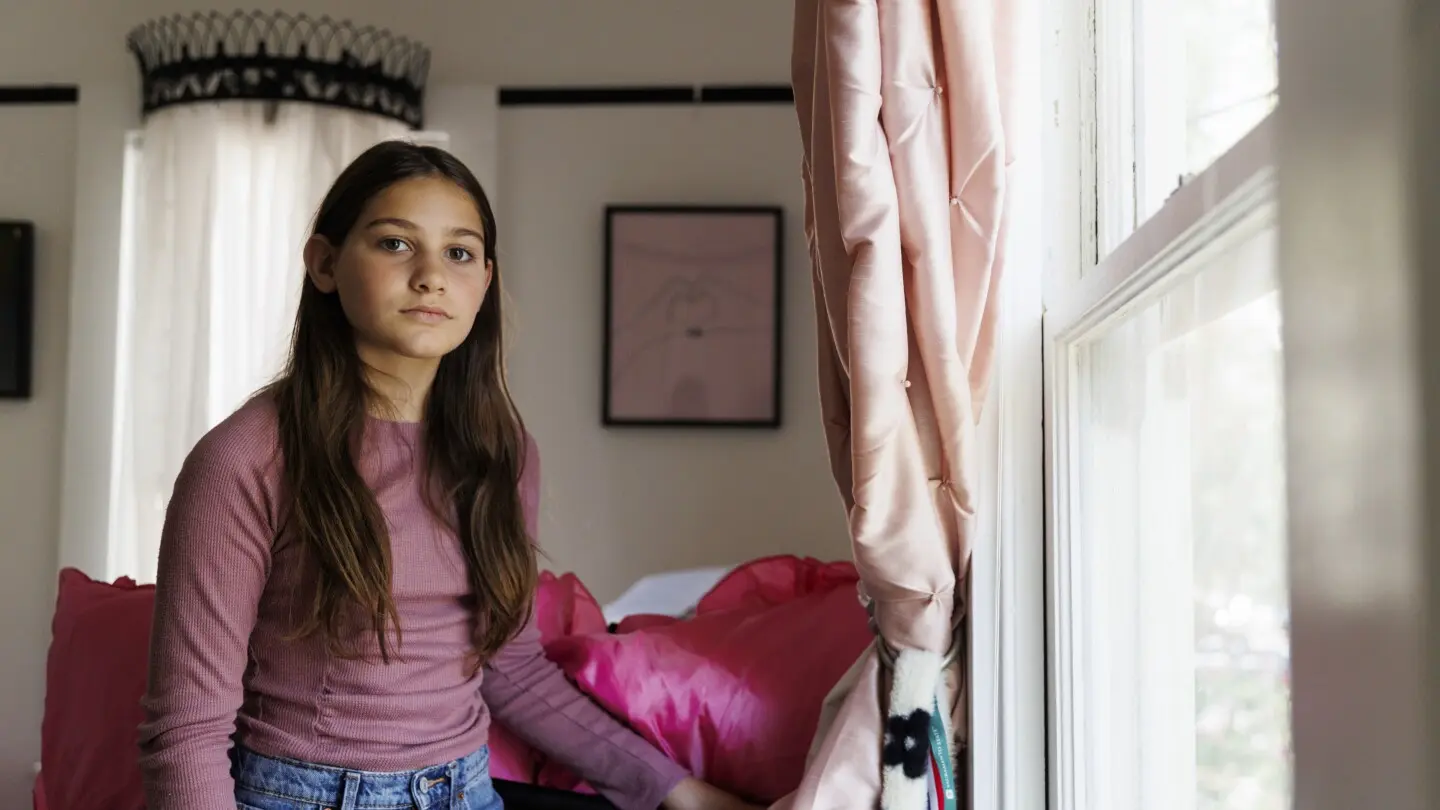When she was in fifth grade, Scarlett Goddard Strahan started to worry about getting wrinkles.
By the time she turned 10, Scarlett and her friends were spending hours on TikTok and YouTube watching influencers tout products for achieving today’s beauty aesthetic: a dewy, “glowy,” flawless complexion. Scarlett developed an elaborate skin care routine with facial cleansers, mists, hydrating masks and moisturizers.
One night, Scarlett’s skin began to burn intensely and erupted in blisters. Heavy use of adult-strength products had wreaked havoc on her skin. Months later, patches of tiny bumps remain on Scarlett’s face, and her cheeks turn red in the sun.
“I didn’t want to get wrinkles and look old,” says Scarlett, who recently turned 11. “If I had known my life would be so affected by this, I never would have put these things on my face.”
The skin care obsession offers a window into the role social media plays in the lives of today’s youth and how it shapes the ideals and insecurities of girls in particular. Girls are experiencing high levels of sadness and hopelessness. Whether social media exposure causes or simply correlates with mental health problems is up for debate. But to older teens and young adults, it’s clear: Extended time on social media has been bad for them, period.



you are still just arguing, but you don’t have any idea how to fix the known problem. neither do i.
I was answering your question, the one you asked about what my arguments were. The one you asked in response to me agreeing with you, and asking how we were disagreeing. Hence reiterating my arguments. Thus far this hasn’t been an argument so much as it has been an agreement.
I have plenty of solutions, too, they just havent come up yet. Most of them center around support for parents, either financially or emotionally, and increased education/awareness both for parents and children about online advertising, critical thinking and personal due diligence. Additionally, and this is wishful thinking I admit, an expansion of protections regulating advertising content that can be shown to children.
you should just say that. in a more compelling way. what you said is not going to do it, though I agree. no cares what we think about tiktok.
Excepting the fact that I work in public policy research, you may have a point.